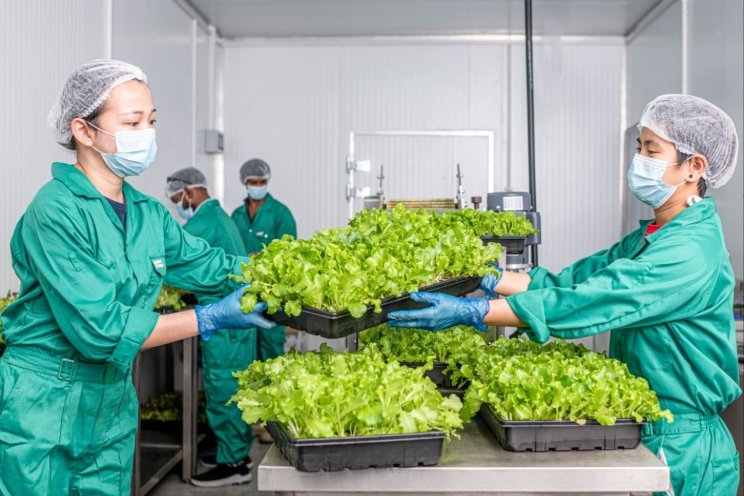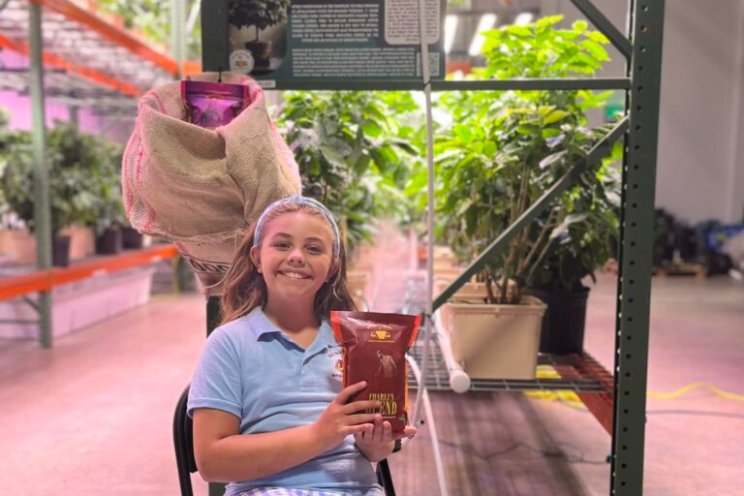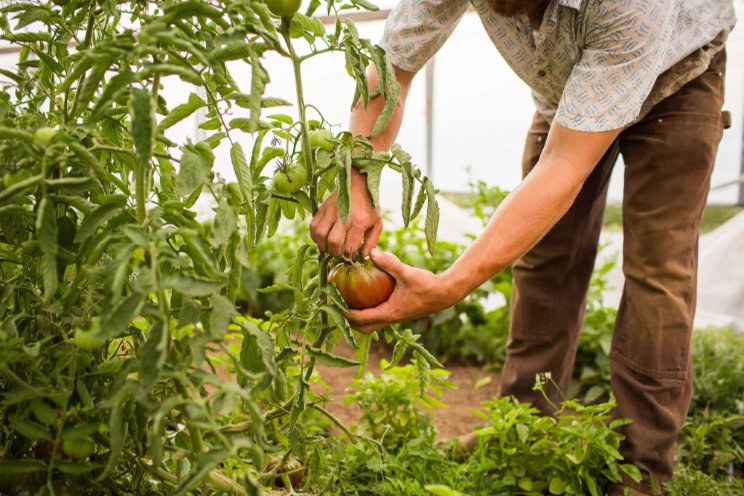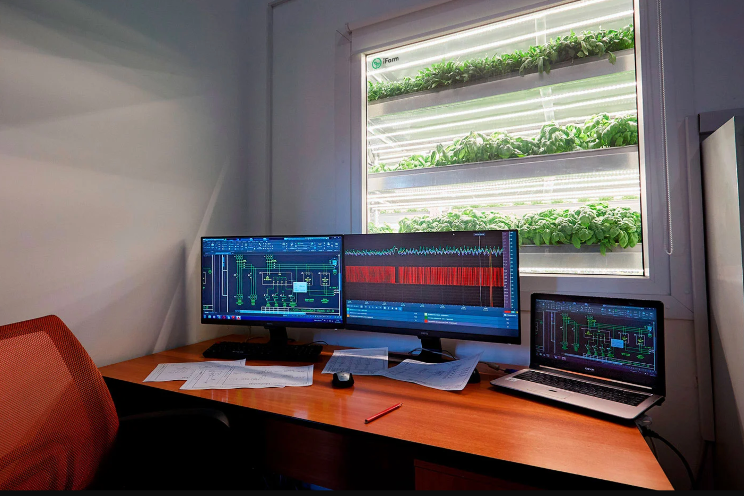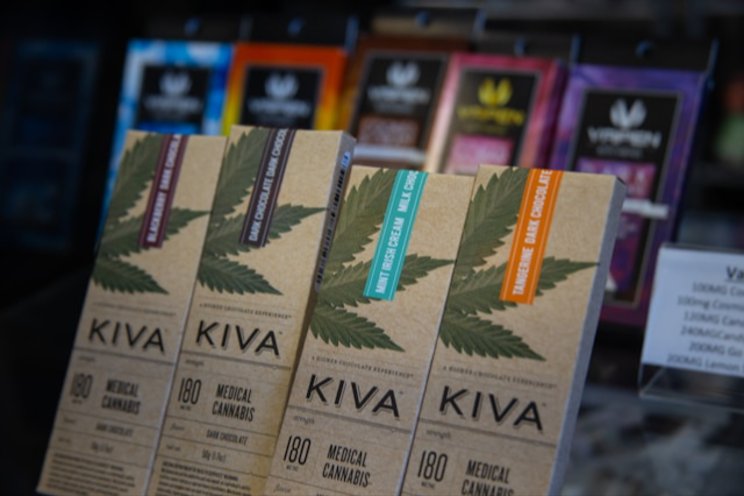Special collaboration on IPM in the chrysanthemum sector
Added on 10 January 2022

The companies joined forces in 2017 out of a shared necessity to produce plant material in Africa using as few chemicals as possible and ship it to the Netherlands. The propagation companies are united in their ambition to provide customers with a high-quality, sustainable product that is produced with nature, the environment and working conditions in mind. Their aim is to play a leading role in making the chrysanthemum production chain more sustainable. They recognise that the steps required to reach their challenging ambition of producing cuttings in Africa while using zero chemicals can only be achieved by working together.
The propagators are also mindful of the increasing social pressure and demands from end customers, such as retailers, to use more sustainable production methods. Corporate Social Responsibility (CSR) is a top priority for all those involved and they are fully committed to the Sustainable Development Goals as set out by the United Nations in 2015. In this respect, the IPM-related objectives the companies have set themselves are a logical step.
It soon became clear that achieving their challenging IPM objectives would be an intensive and costly journey, and that the only way they could produce the desired result was through joint efforts, funding and an open exchange of knowledge. On this basis, a steering committee and working group were set up with representation from each company involved. All the parties work together in full transparency and autonomy, without any direct commercial gain.
The collaboration has now started to bear fruit. Over the past 4 years, the group has carried out all the necessary trials at its joint test site in Kenya and gathered a large body of data. The study carried out in Kenya has now been completed. It has demonstrated that there is potential to produce cuttings in Africa using fewer chemicals, in a way that the produced cuttings can be shipped to the Netherlands without problems. The desire to use IPM to produce cuttings that are 100% free from pests and diseases remains a challenge. Therefore, the steering committee has expressed its intention to continue its collaboration and to focus its efforts on achieving the established goal.
The steering committee will organise a virtual meeting on February 1 to share the research outcomes and elaborate on the insights it gathered. More information on that to follow soon.
Source: HortiBiz
More news

